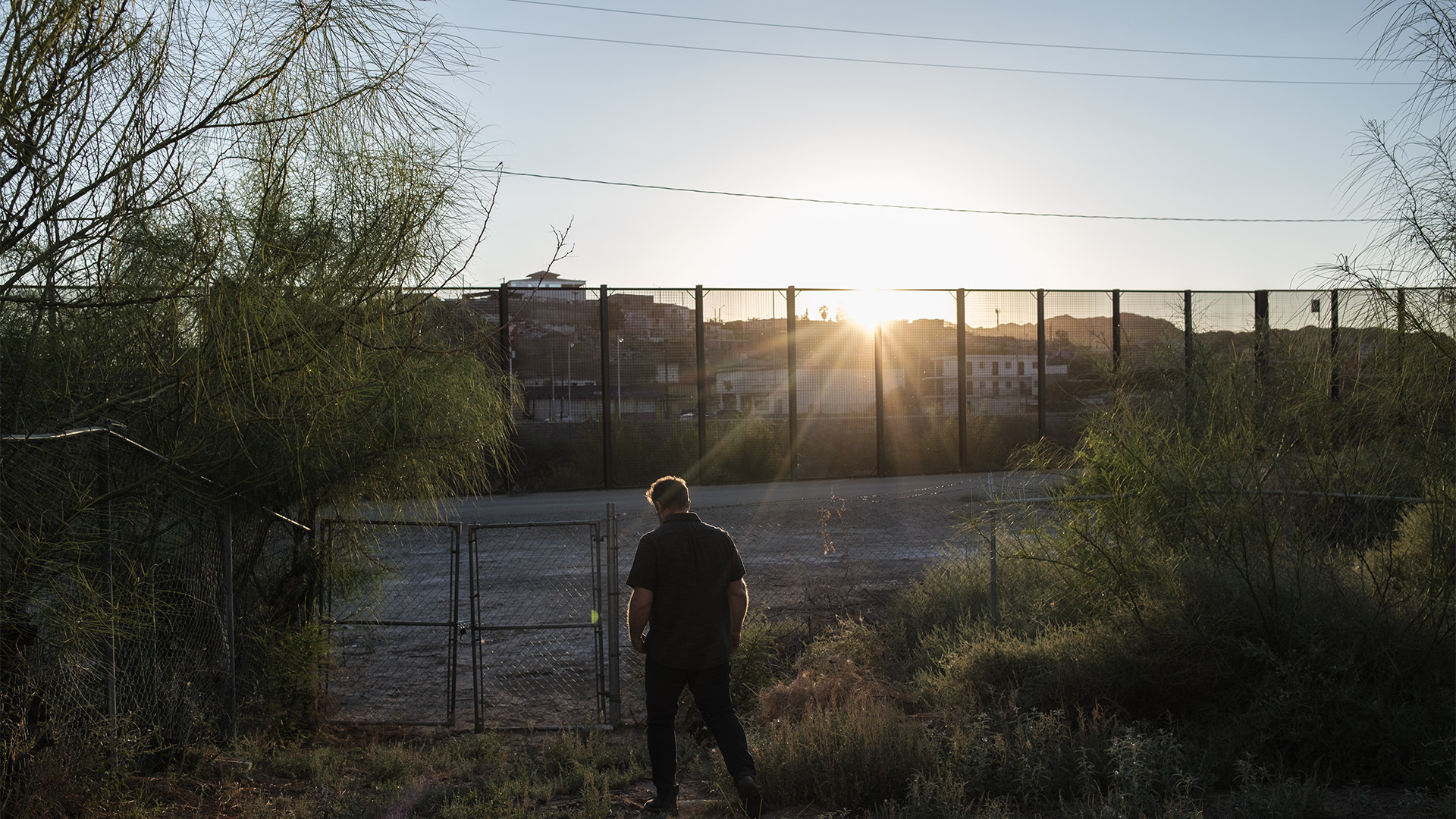One of my first reporting assignments right out of college was a ride-along with a Border Patrol rescue unit in California’s Imperial Valley, right next to the southern border. I spent a long, hot day off-roading with agents armed with jugs of water and first aid supplies as they searched for migrants stranded in the desert—a region that regularly reached 120 degrees in the summer. Coyotes (smugglers) would frequently abandon migrants, including children, in these perilous and often deadly conditions.
The rescue unit’s mission was twofold: to save human lives and to protect the border by enforcing immigration law. I often think of the tension in that unit’s mandate when I consider the complexities of today’s ongoing immigration crisis. It’s not a simple matter, and politicized, polarizing sound bites don’t even come close to doing it justice.
“One Christian’s Quest to Change the Way We See Immigration” concludes a pair of immigration-focused pieces from Sophia Lee, CT’s global staff writer. In last month’s story, “Colombian Christians Preached Social Justice. Practicing It Is Harder,” Lee highlighted the work of Colombian churches ministering to the countless migrants who journey through their region as they trek north. In this issue, Lee profiles a ministry at the US-Mexico border called Abara that helps Christians enter into immigration’s tensions by inviting them into the story of a specific place.
Although “Christian educational border trips that aim to help people see the border through a biblical lens are nothing new,” Lee told me, “I was intrigued by Sami DiPasquale’s vision for Abara because of its location—right at the river that acts as a natural dividing line between two countries. A place where, for centuries, people have crossed a natural ford. A place where, to this day—despite the concrete-throttled river and 18-foot fences and surveillance towers—people continue to ‘cross over.’” By telling stories of past and present, and by presenting different perspectives, Lee says that DiPasquale has “a pretty ambitious, perhaps idealistic, vision for the future: Abara can be where heaven meets earth, where justice and peace prevail.”
It’s a fitting vision for those called, first and foremost, to live as citizens of God’s heavenly kingdom. The border, in all its complexity, “reveals our common humanity: our fears and insecurities, our desires and dreams, our shared longings,” Lee said. “Perhaps we can recognize that common humanity through storytelling—that ancient, biblical art of connecting people to one another.”
Kelli B. Trujillo is CT’s print managing editor.












